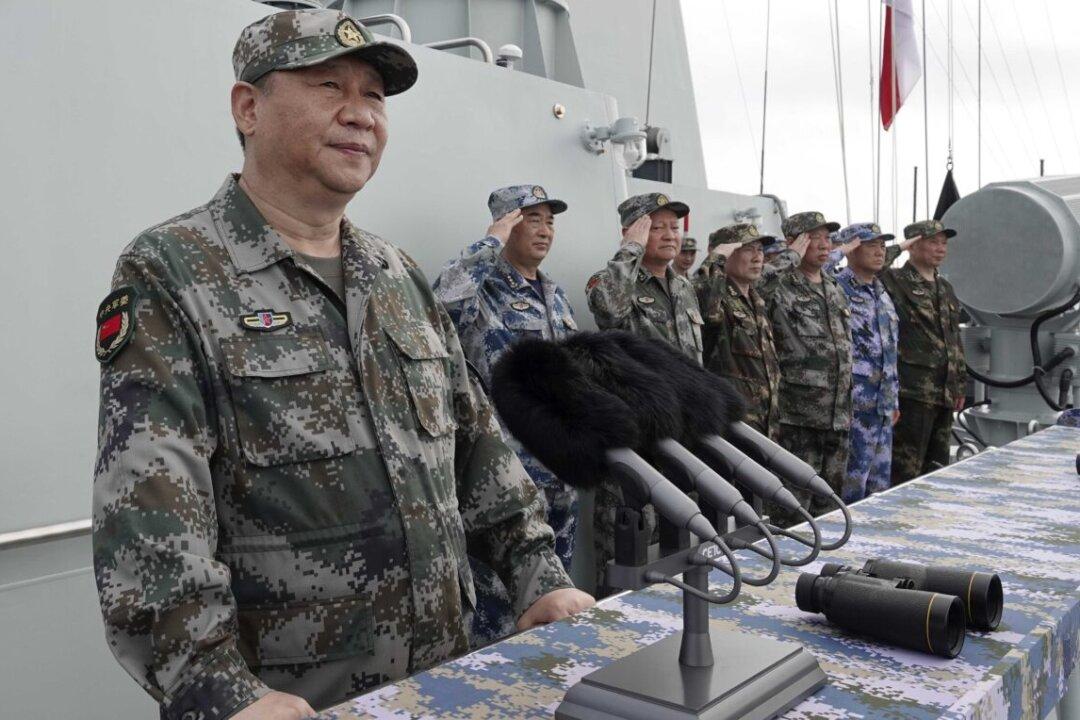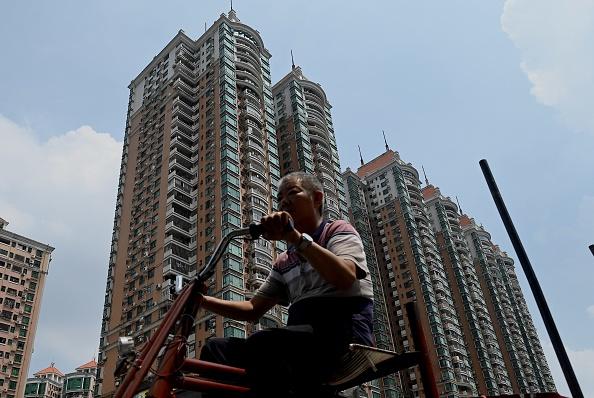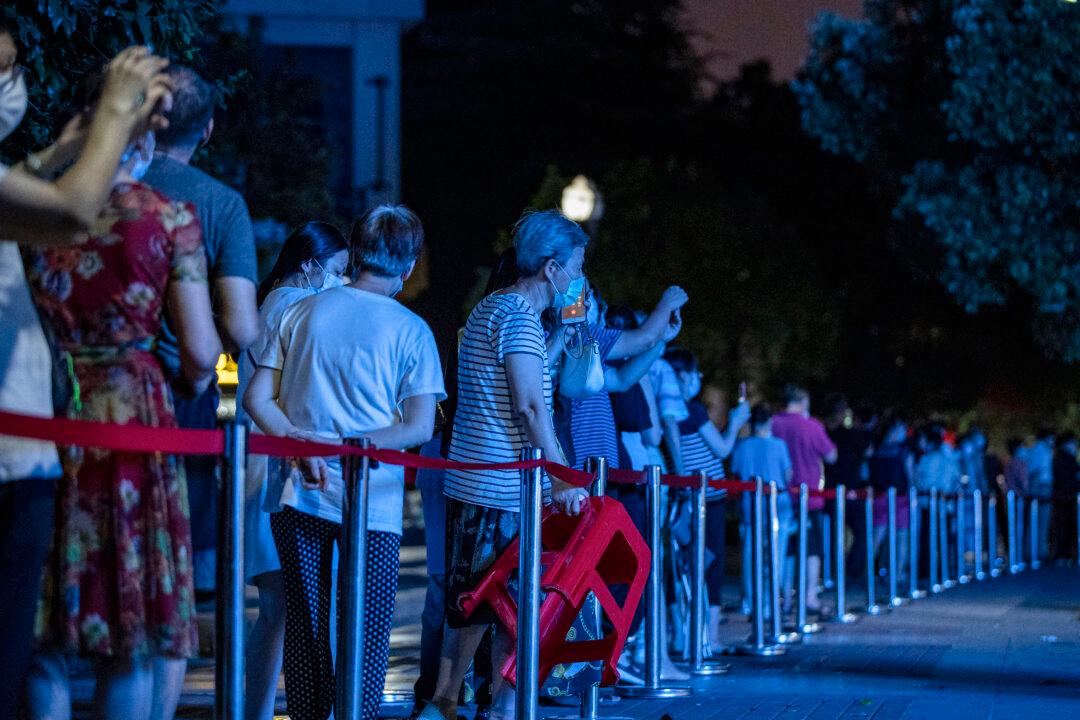A recent study by the Naval Medical University in Shanghai found that about one-fifth of China’s servicemen in the submarine force stationed in the South China Sea have psychological problems.
According to an analysis by Taiwanese military experts, submariners need to have very strong psychological health. However, problems have been reported that may be related to the frequent military exercises conducted by the Chinese regime. In addition, there may be problems with the psychological counseling provided to military personnel.




